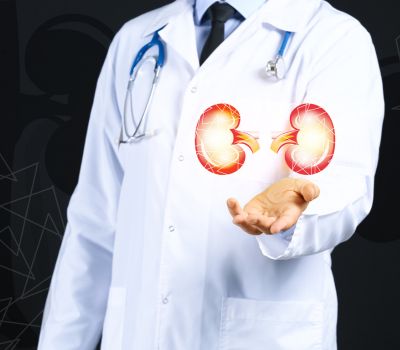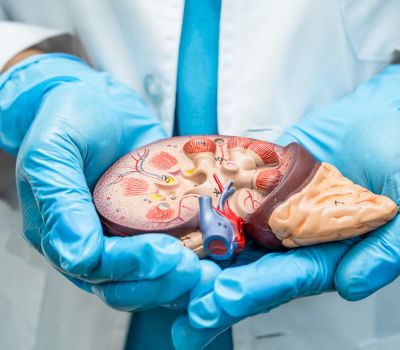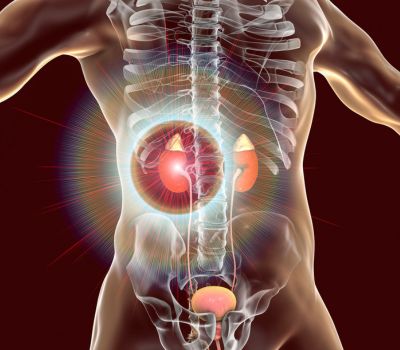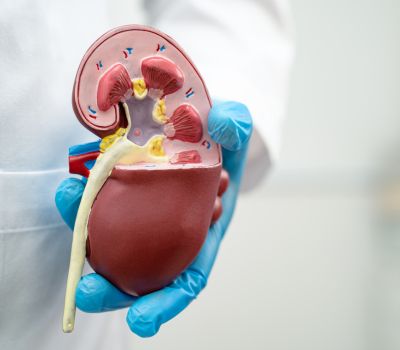Renal care, also known as kidney care, refers to medical care and treatment aimed at maintaining the health and function of the kidneys. The kidneys play a vital role in filtering waste products and excess fluids from the blood, regulating electrolyte balance, and producing hormones that regulate blood pressure and red blood cell production. Renal care encompasses various aspects of healthcare focused on preventing, diagnosing, and managing kidney diseases and disorders.
At BR Healthcare, patients can access comprehensive renal care services aimed at maintaining kidney health and managing kidney-related conditions. Services include preventive screenings, management of kidney diseases such as chronic kidney disease (CKD), dialysis treatments for advanced kidney failure, evaluation for kidney transplantation, and post-transplant care. The renal care team, comprising nephrologists, nurses, dietitians, and other specialists, collaborates to provide personalised treatment plans and support to patients. With a focus on earlydetection, advanced treatments, and patient-centred care, BR Healthcare ensures the well-being of individuals affected by kidney diseases.


.jpg)












